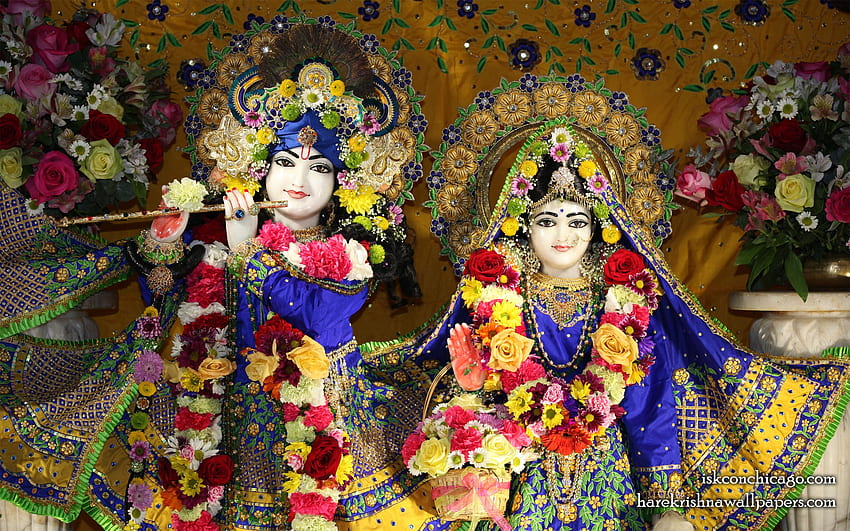Krishna, our guru or other Vaishnavas when they face injustices, but never ourselves. This rule of etiquette is rather subtle and not so widely discussed, and sometimes entirely unknown. Consequently, we don’t apply it in our daily lives.
We may even follow the very opposite: We eagerly defend ourselves at any given opportunity, but we shy away when it comes to defending other Vaishnavas when they are unfairly treated. We don’t want to stick our necks out and fear ruining our relationships or reputation. And we hide behind an attitude of thinking other devotees’ situations are their personal matter and not our concern.
However, Vaishnava culture teaches us to do the opposite. When we defend ourselves, whom do we defend? We are protecting our false ego. Therefore, it is highly recommended to refrain from doing so. If we all follow this etiquette, then there will be no need to defend ourselves as we will be too busy defending one another.
A common defence mechanism is to point our finger at others and blame them. We find so many good reasons why others and the situation around us are at fault, but definitely not us. We do it almost every day: blaming others and thus finding excuses for our own shortcomings. In this way, our false ego wants the gratification to be right by establishing that others are wrong. It is a form of defending ourselves.
It is interesting to observe how the false ego contaminates the intelligence
to such an extent that it finds all the good reasons why we are right and not at fault. Sometimes the polluted intelligence even tends to twist around the facts, seeing things in a very distorted way just to defend the ego and provide us with the satisfaction of being right.
As a matter of fact, there is no such thing as the objective experience. Five different persons viewing the same situation may have five very unique experiences, according to their consciousness and mind-set. I have witnessed situations, where two devotees experienced one and the same incident entirely differently – so differently that it was hard to believe that both spoke about the same occurrence! We may even suspect that one of them is telling lies! But most of the time, it is simply the polluted intelligence distorting the facts to justify ourselves and thus exert the defending propensity.
We may have heard of the saying: “When we point our finger at others, three fingers point back at ourselves”. Therefore, Vaishnava etiquette instructs us not to defend and not to blame others. A Vaishnava thinks: “What did I do wrong that this has happened to me? Krishna must be trying to teach me something.” Furthermore, a Vaishnava is not concerned about his reputation, what others think about him. In this way, he does not feel the need to defend himself and blame others.
This approach is immensely purifying for the false ego. Externally, we may look like we are the loser, but in the long term, we are the winner – because at our final moment at death, our false ego is subdued and given up through our sincere practice of tolerance. Then we will quietly sneak off, back to Godhead, through the back door. Defending ourselves and blaming others may seem victorious in the short term; however, at the moment of death, the subtle body of mind, intelligence and false ego may force us to do another round in the material world.
On the 17th of May I moved on to Baltimore...
Your servant, Devaki dd



 RSS Feed
RSS Feed
